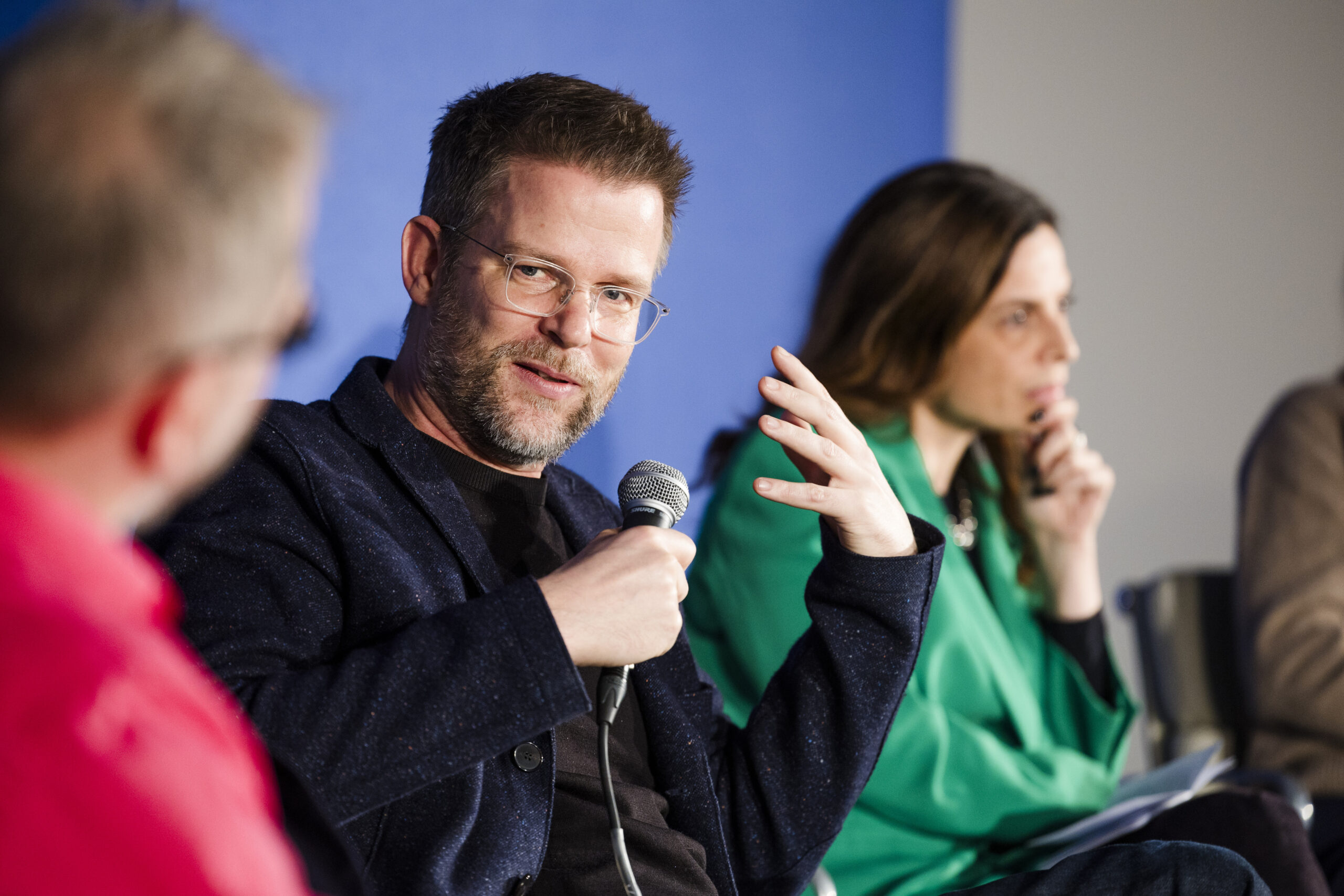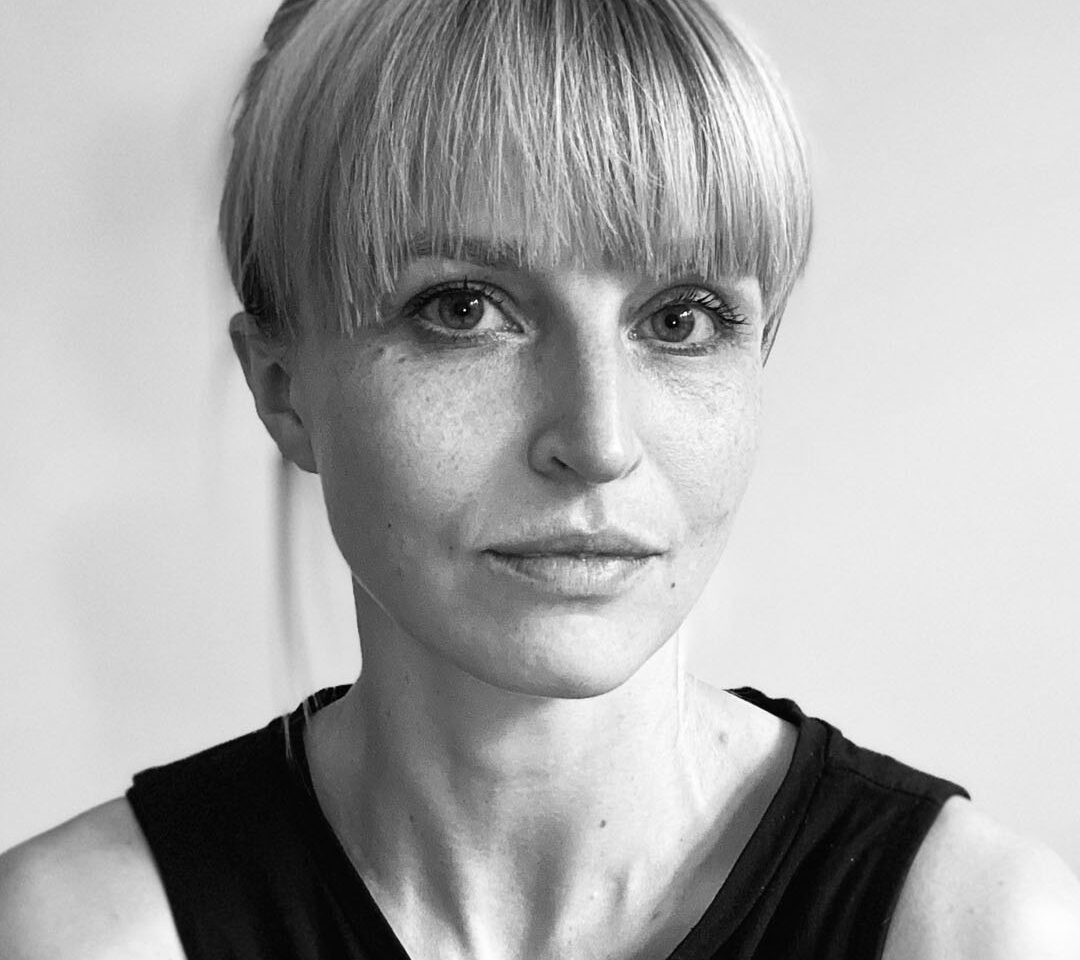Insights from The Case for a Big EU OSS Fund Panel
Open Future participated in the EU Open Source Policy Summit in Brussels, where we contributed to the panel about the necessity of investing in open source and public digital infrastructure. Francesca Bria, Astor Nummelin Carlberg, Adriana Groh, Micheal Leenars, and Paul Keller took part in a panel moderated by Zuzanna Warso.
 The discussion began by acknowledging that Europe’s digital policy is at an “inflection point,” signifying a shift in how policymakers and other stakeholders, such as digital rights activists, think about regulating digital markets and the role of regulation and government in shaping them.
The discussion began by acknowledging that Europe’s digital policy is at an “inflection point,” signifying a shift in how policymakers and other stakeholders, such as digital rights activists, think about regulating digital markets and the role of regulation and government in shaping them.
There is a growing recognition that governments can’t afford to remain passive spectators and repeat the mistakes of the past when it comes to shaping the digital environment. In Europe, this recognition has led to significant legislative developments in recent years. Legislation such as the Digital Markets Act (DMA), the Digital Services Act (DSA), the Data Act, and now the AI Act, while not flawless, represent an unprecedented ambition to tackle the challenges of digital markets head-on.
To a large extent, previous failures (e.g., lack of adequate regulation of the social media space) were the impetus for adopting these laws. The effectiveness of the new laws ultimately depends on their implementation. But beyond these developments, there’s an emerging consensus that regulation alone is insufficient. It needs to be complemented by investment in digital infrastructure, a point discussed in depth by the panel. With European elections and the appointment of a new Commission on the horizon, as well as preparations for adopting the new Multiannual Financial Framework (MFF), the timing for presenting and discussing these ideas couldn’t be better.
The panel agreed that given the current concentration of power in digital markets, the EU needs to make significant investments in public digital infrastructure. This is crucial to ensure digital environments prioritize serving users rather than exploiting them. Some existing mechanisms that could serve as prototypes for the design of the fund were presented.
Michael Leennars from NLnet highlighted the groundbreaking role of the European Commission’s NGI initiative in this space. The NGI initiative aims to shape the development and evolution of the Internet in a way that meets people’s fundamental needs, including trust, security, and inclusion while reflecting the values and norms that all citizens in Europe enjoy. Adriana Groh, one of the co-founders of the Sovereign Tech Fund, a new program supported by the German Ministry of Economics and Climate to invest in open digital infrastructure, explained that it is driven by a similar set of values but with a stronger focus on lower level open source applications that play a crucial role in supporting the open internet.
In his interventions, Paul Keller pointed out that to address the problems arising from the current dominance of the digital sphere by a few large corporations, it is necessary to empower various other stakeholders, including the independent open-source community, as well as public and community institutions such as libraries and educational institutions, to actively participate in shaping the environment rather than remain passive.
 Francesca Bria argued that for Europe to be at the forefront of these efforts, there is a need for investment at a much bigger scale than what is currently happening. She called for a 10 Billion Euro effort to support Europe’s digital sovereignty based on Digital Commons and Public Digital Infrastructure. Astor Nummelin Carlberg pointed out that by investing in public digital infrastructure and prioritizing user-centric approaches, Europe can set a positive example for other regions. He also highlighted the role of business in supporting a healthy open source digital ecosystem.
Francesca Bria argued that for Europe to be at the forefront of these efforts, there is a need for investment at a much bigger scale than what is currently happening. She called for a 10 Billion Euro effort to support Europe’s digital sovereignty based on Digital Commons and Public Digital Infrastructure. Astor Nummelin Carlberg pointed out that by investing in public digital infrastructure and prioritizing user-centric approaches, Europe can set a positive example for other regions. He also highlighted the role of business in supporting a healthy open source digital ecosystem.
The panel concluded with a reminder to the representatives from the open source community assembled for the Policy Summit that now is the time to start thinking about building more robust support structures for Open Source and Digital Commons. With our partners in the NGI Commons project, Open Future will contribute to this by developing a strategic agenda for the Digital Commons in Europe.
The photos used in this post are by Serena Vittorini.





